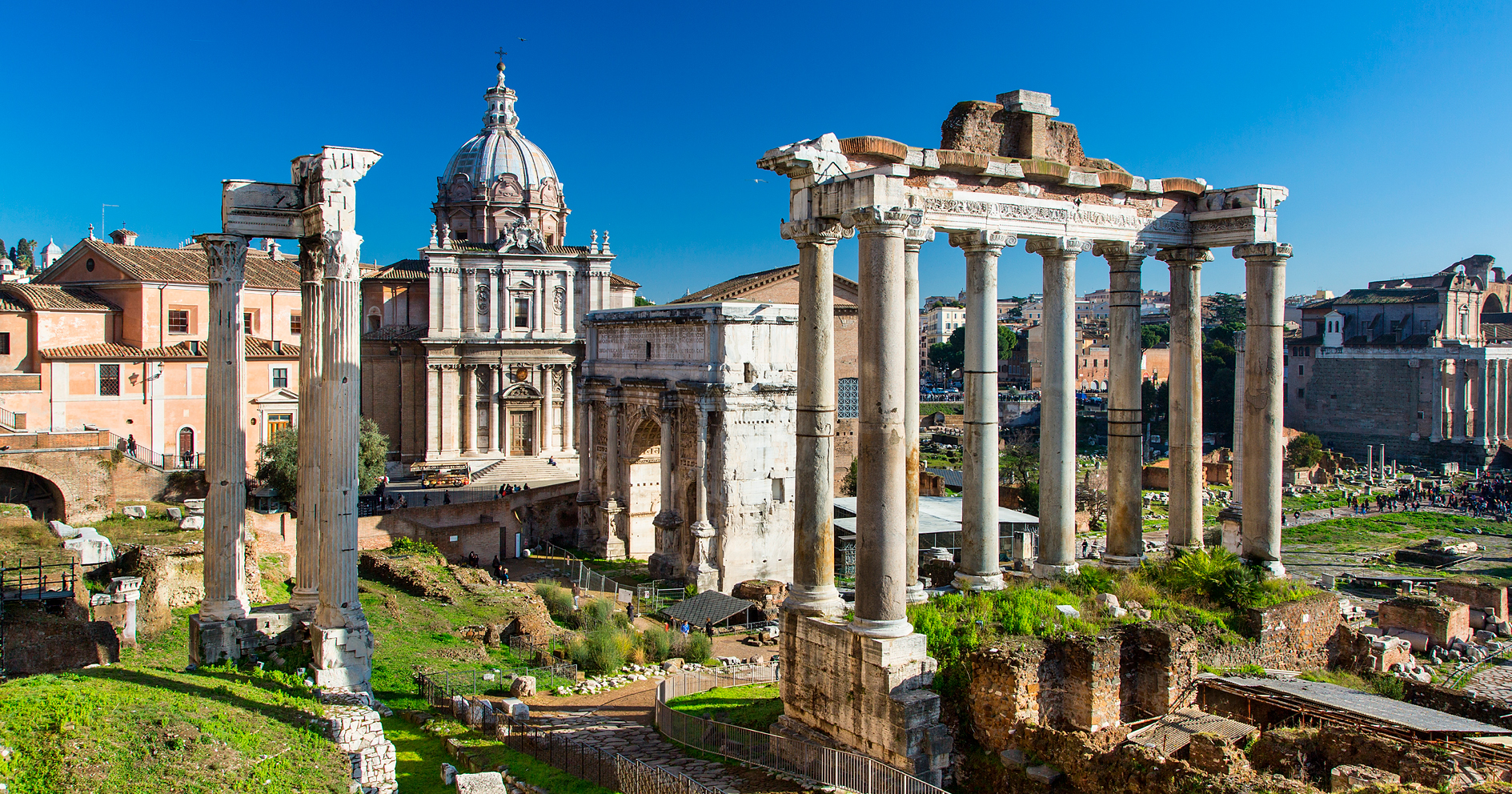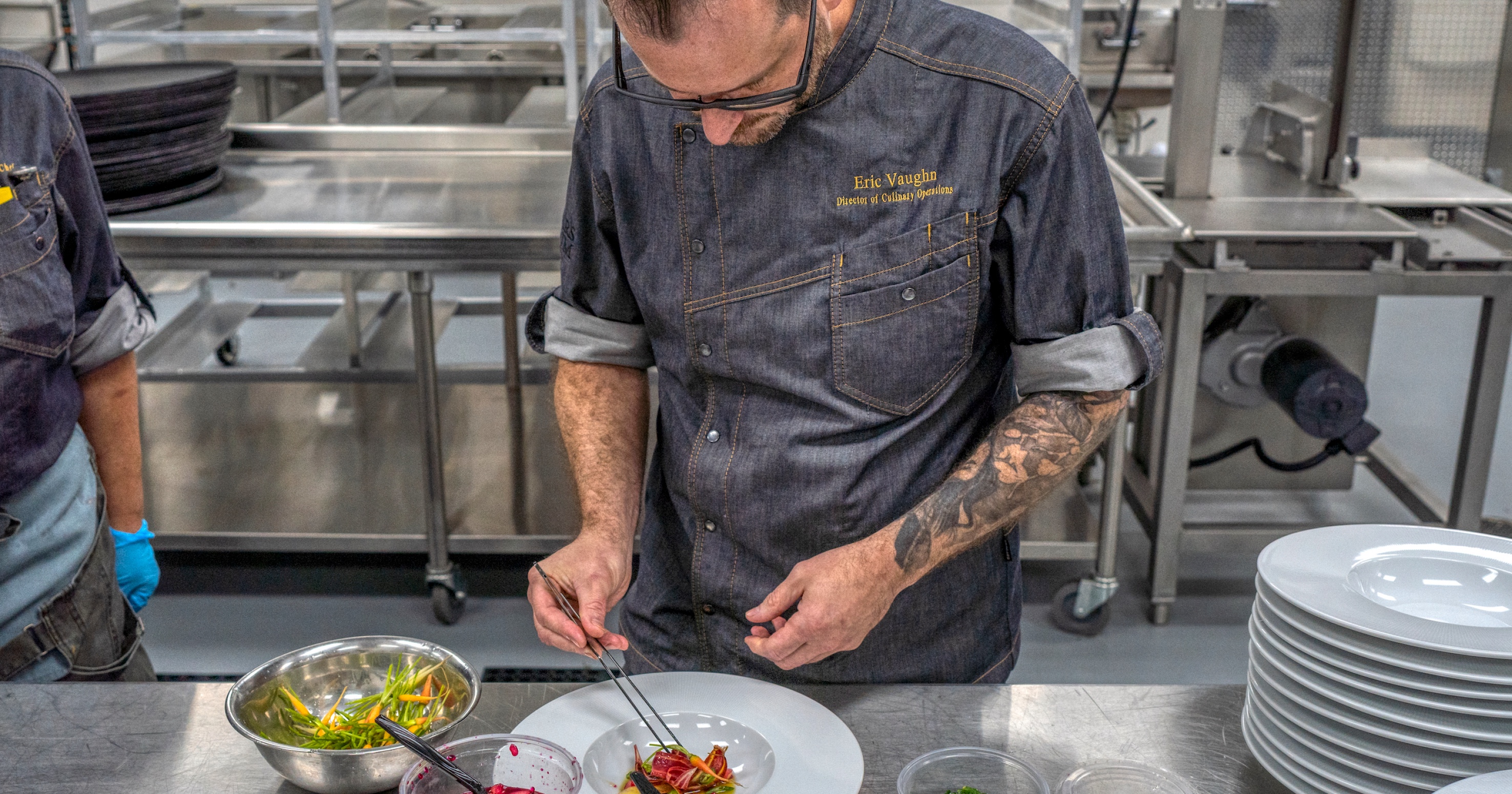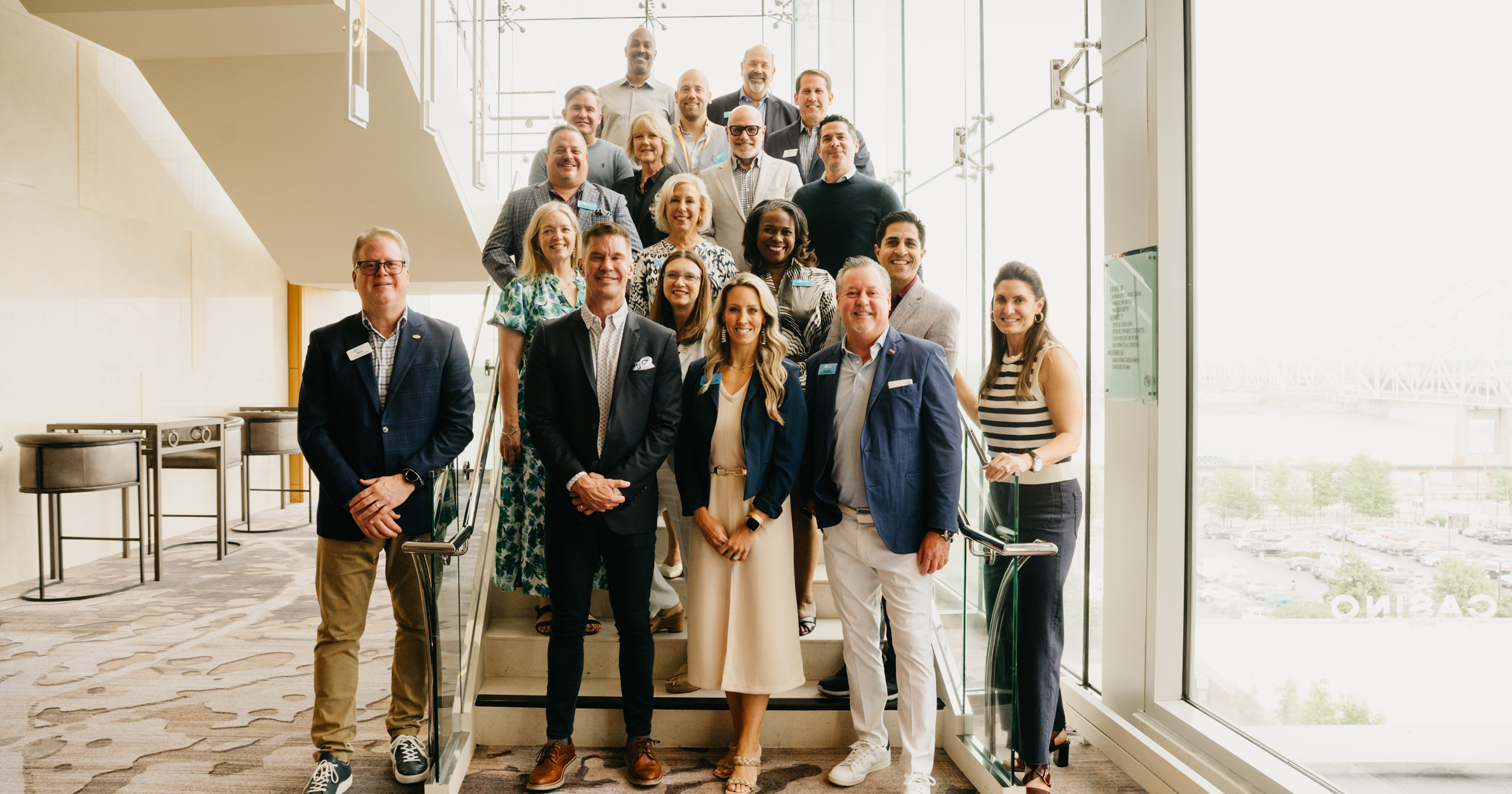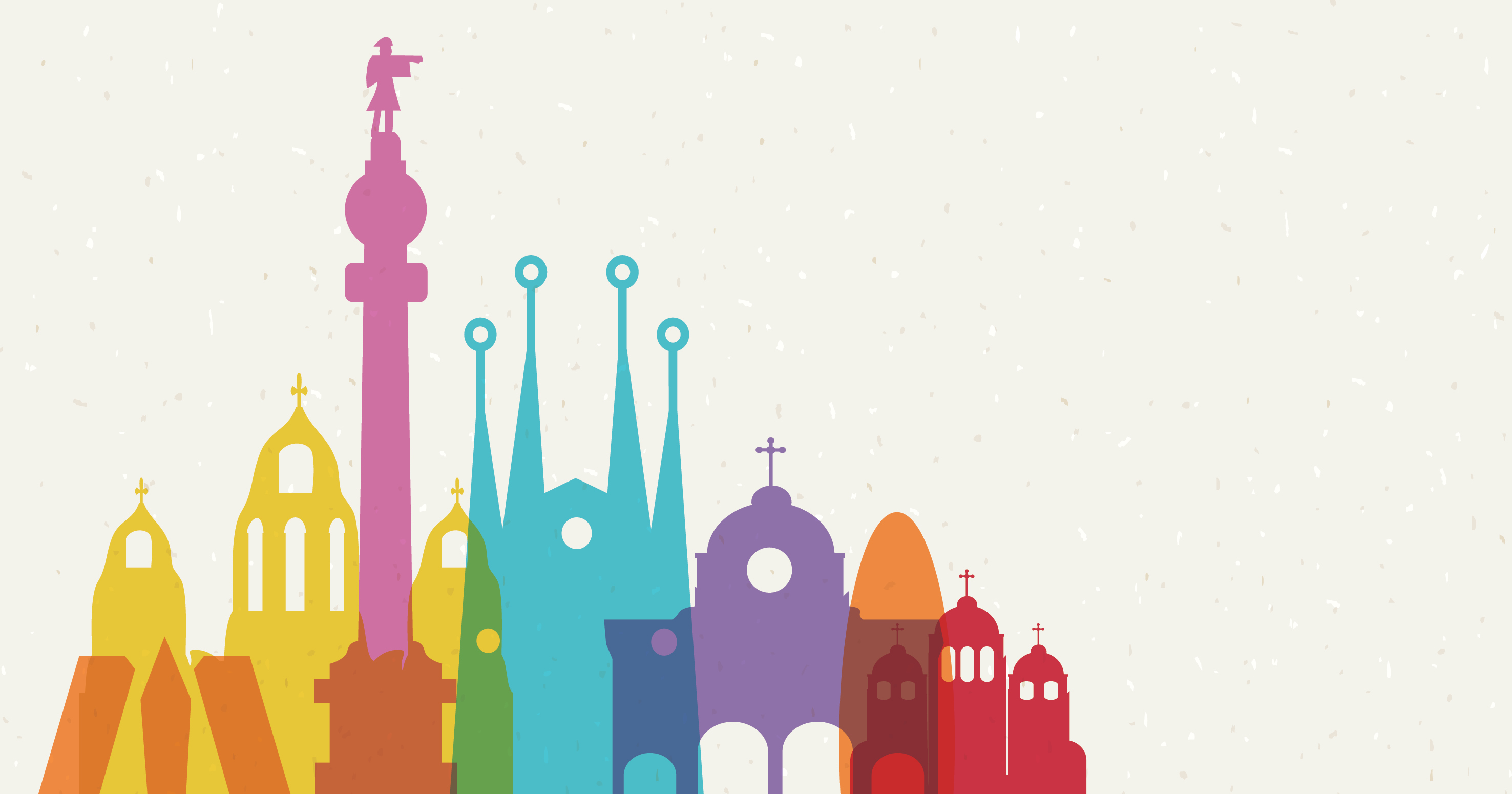Robbert Weddepohl is
seeing a strong focus on experience-driven events—"not just in terms of
content, but also in venue selection, hospitality and overall
storytelling."
"Organizers are choosing unique spaces and investing in immersive design, F&B concepts and sustainability practices to create lasting impact," says Weddepohl (MPI Netherlands Chapter), group director venues at Stage Entertainment B.V. and a member of the MPI Sustainability Advisory Council, one of several European MPI members we spoke with for our "Best of Europe" spotlight. "We see growing interest from corporate clients and event planners in our theater venues not only because of their unique atmosphere but also their extensive technical capabilities. We strongly believe in the power of live entertainment and in-person meetings, and this belief is reflected in the steady growth we are seeing in event requests."
ENGAGING AND IMPACTFUL
Véronique Holveck, president of the MPI France-Switzerland Chapter and founder and managing director of Events Luxury Hospitality, says a prevailing trend in 2025 is seeking uniqueness—from the choice of venue to how to create engaging and impactful experiences for attendees.
"It became essential for corporate [planners] to ensure that attendees at a professional event truly perceive the added value it can bring them," she says. "It is, therefore, crucial to think more than ever about the content. This involves implementing a targeted action plan to achieve concrete results."
The format of an event is also important in order to identify the
specific value proposition that the company wishes to convey to the
participants, according to Holveck.
"The event industry has now fully understood that it is essential, in 2025, to work on tailored programs that engage all stakeholders and deliver experiences aligned with the teams’ objectives," she says.
Simonetta Pili, VP special projects & sustainability for the MPI Italia Chapter and event planner with MIC.dmc, says her clients are opting mostly for centrally located four-star hotels within walking distance to major attractions or close by underground to avoid cars, be more eco-responsible and save money. She’s also seeing condensed event programs and more focus on apps.
"The duration of in-person meetings has been reduced in order to allow and encourage all participants to have more time for networking and thus develop useful and effective collaboration; networking and convivial spaces are highly requested," she says. "A dedicated app for the event plays a key role for any kind of paperless communications, digital registrations and keeping attendees updated on the event in real time. This digital tool is another example of eco-sustainability."
Pili says personalized authentic local experiences ("both in the
event destination and exploring small villages possibly avoiding the
over tourism destinations") and interactive activities are always
proposed and requested.
"Sports activities, cooking classes, health and well-being, immersion in cultural visits, etc.—these interactive activities are enjoyed by the guests and enrich their experience, moreover it seems well known that they stimulate creativity and might be beneficial for further working successes," she says.
OPTIMISTIC ABOUT THE FUTURE
Weddepohl says the meeting industry has shown remarkable resilience and creativity, even in challenging times.
"We see this not only in the strong return of audiences to our shows but also in the growing number of event requests for our venues," he says. "Hybrid solutions now complement, rather than replace, live experiences, which underlines the enduring power of face-to-face connection. This gives me great confidence in the future of our sector, driven by innovation, creativity and a clear demand for authentic, shared experiences."
Holveck agrees that the global outlook for the meeting and event industry remains very positive.
"A large majority of companies or MICE agencies in Europe expect more favorable conditions in 2025 versus 2024 both in terms of the number of requests and in more in-person meetings," she says. "The impact of in-person meetings has been stronger for a few months. It seems that virtual meetings have shown their limits."
The gathering of people, especially in person, is "fundamental to consolidate business and friendly relationships," Pili says, and that drives her optimism in the future of meetings and events."The success, creativity, personal contacts, live experiences and exchange of opinions are fundamental for business progress and comparisons, and thanks to cutting-edge technologies meetings can also be organized virtually and be a valid system to reach great results," she says. "I think it is a human nature, the wish to meet each other, talk to each other, exchange views, have fun together and find solutions. Moreover, the event industry has a great impact on the economy of each country."








